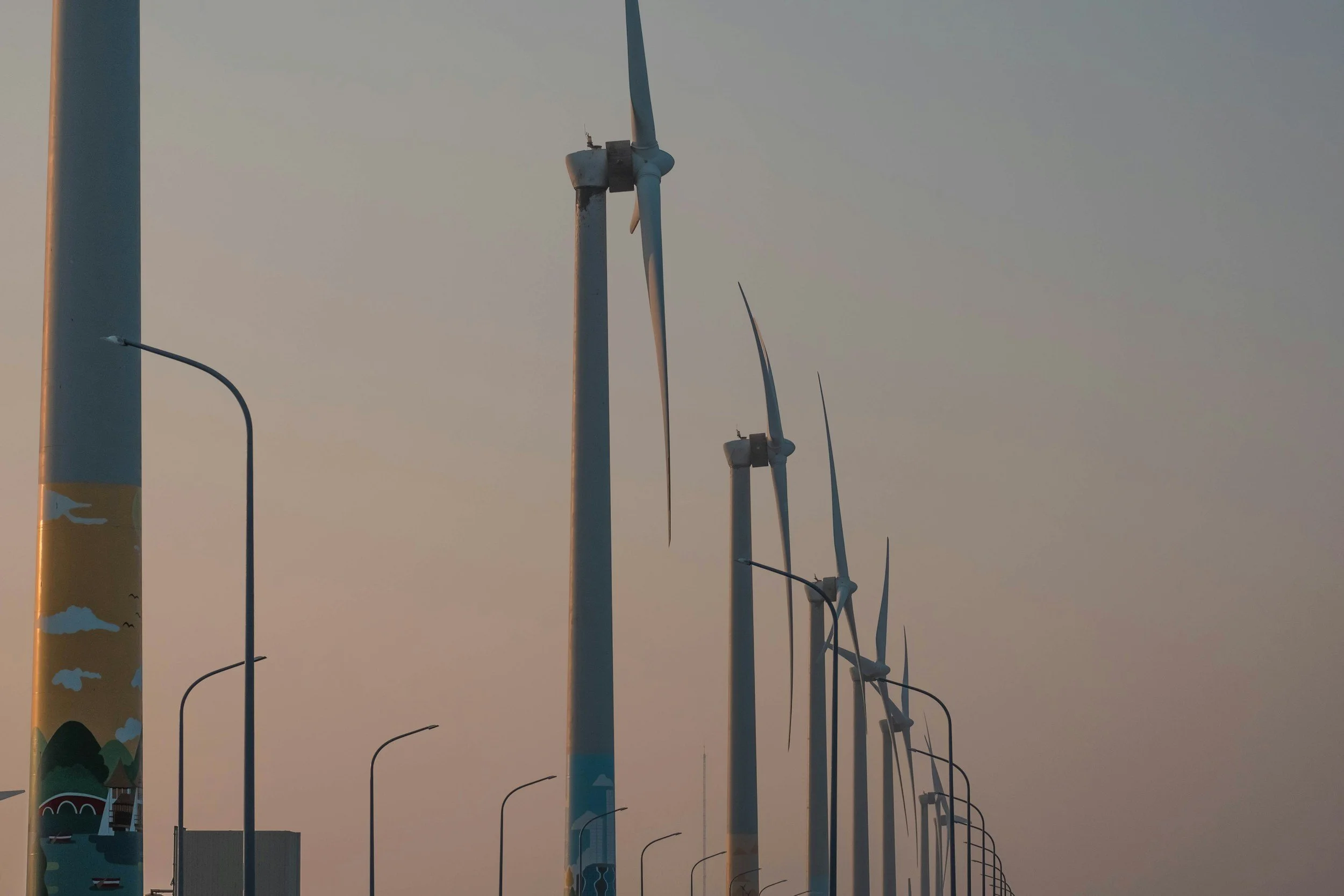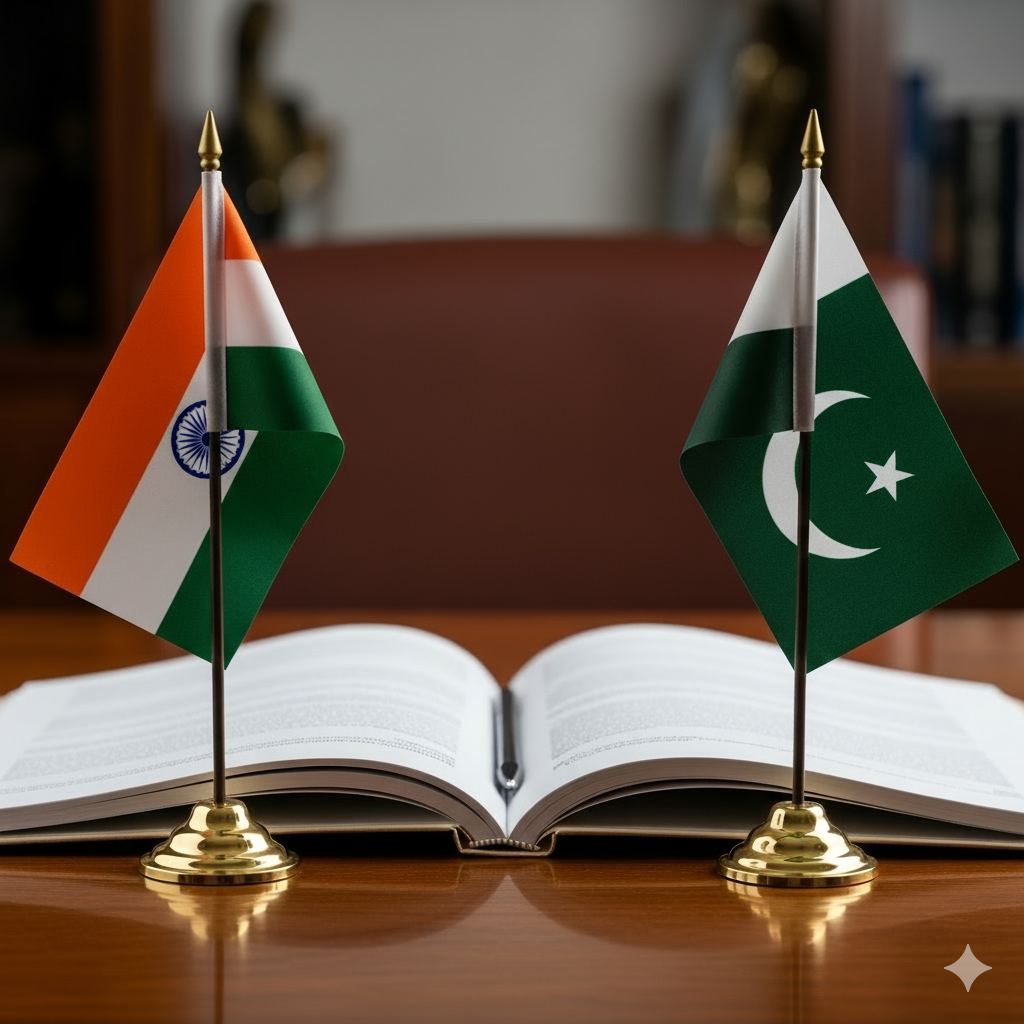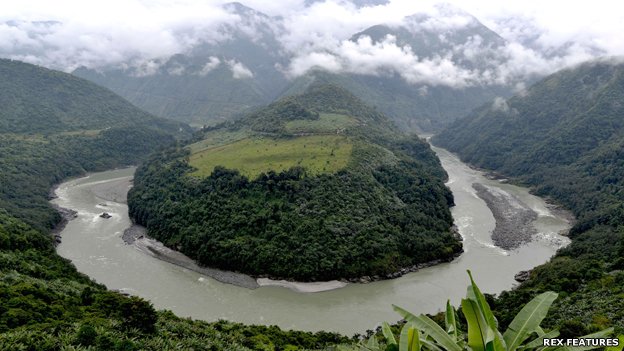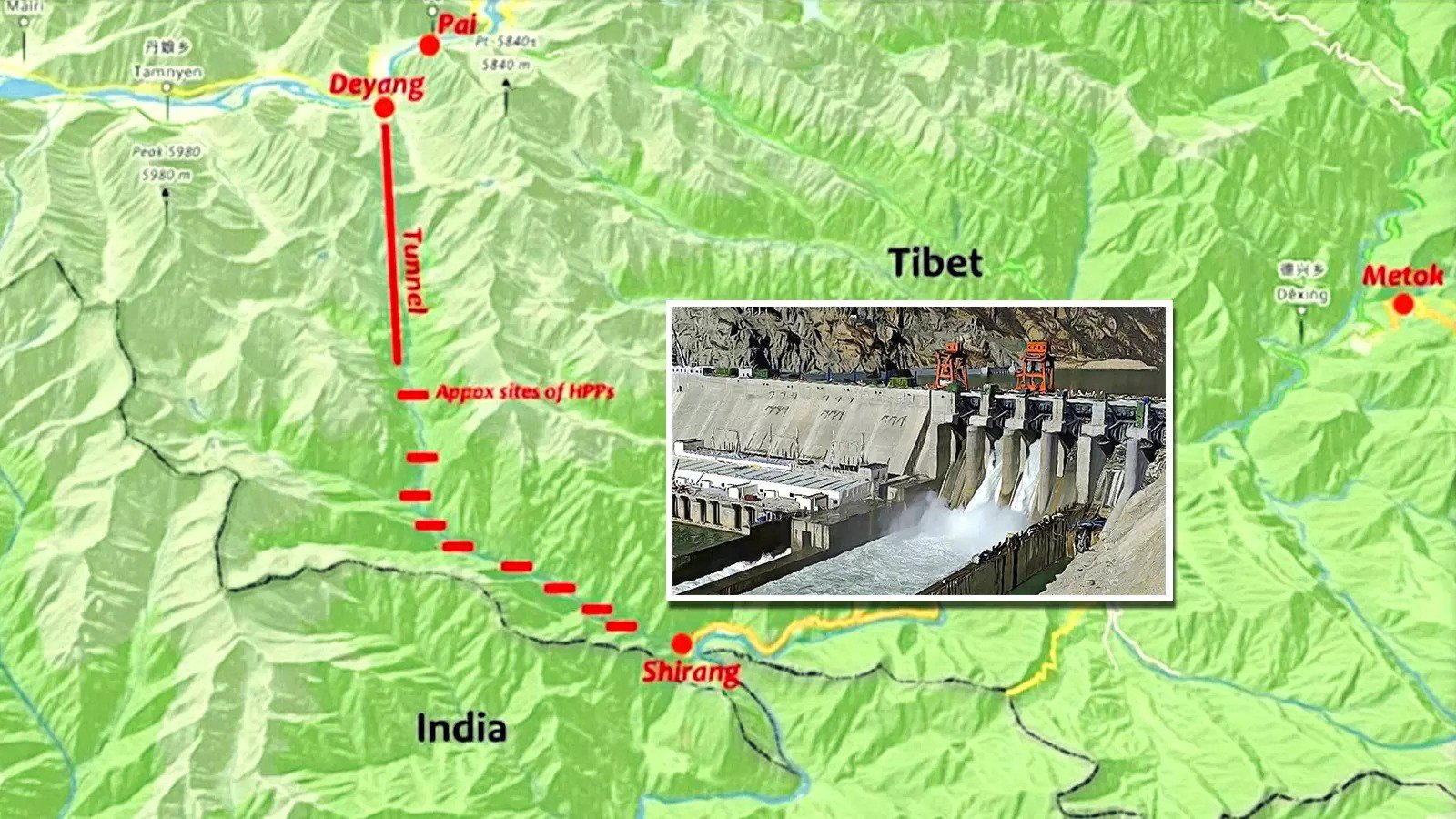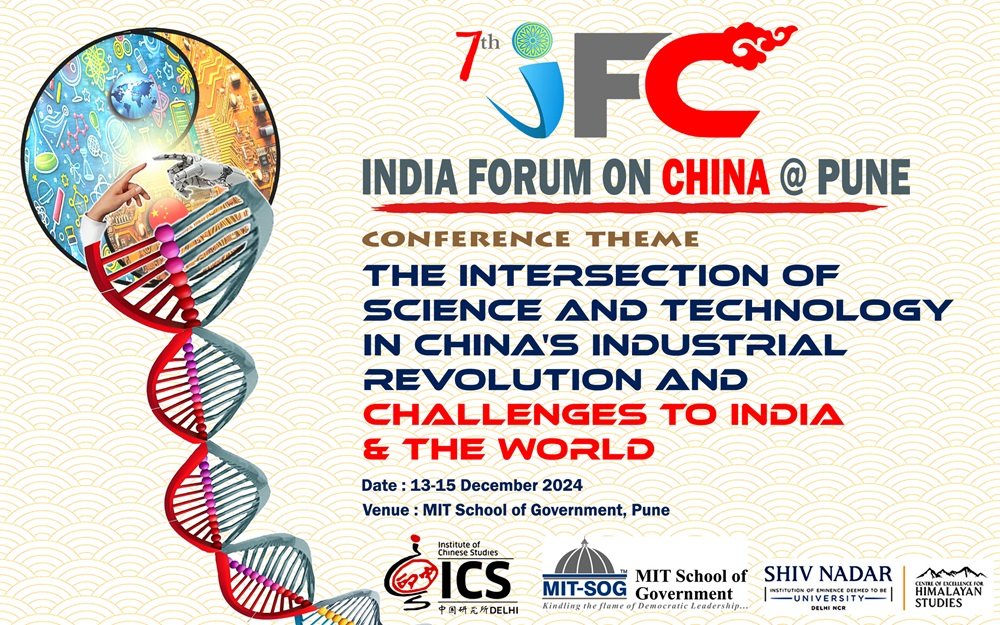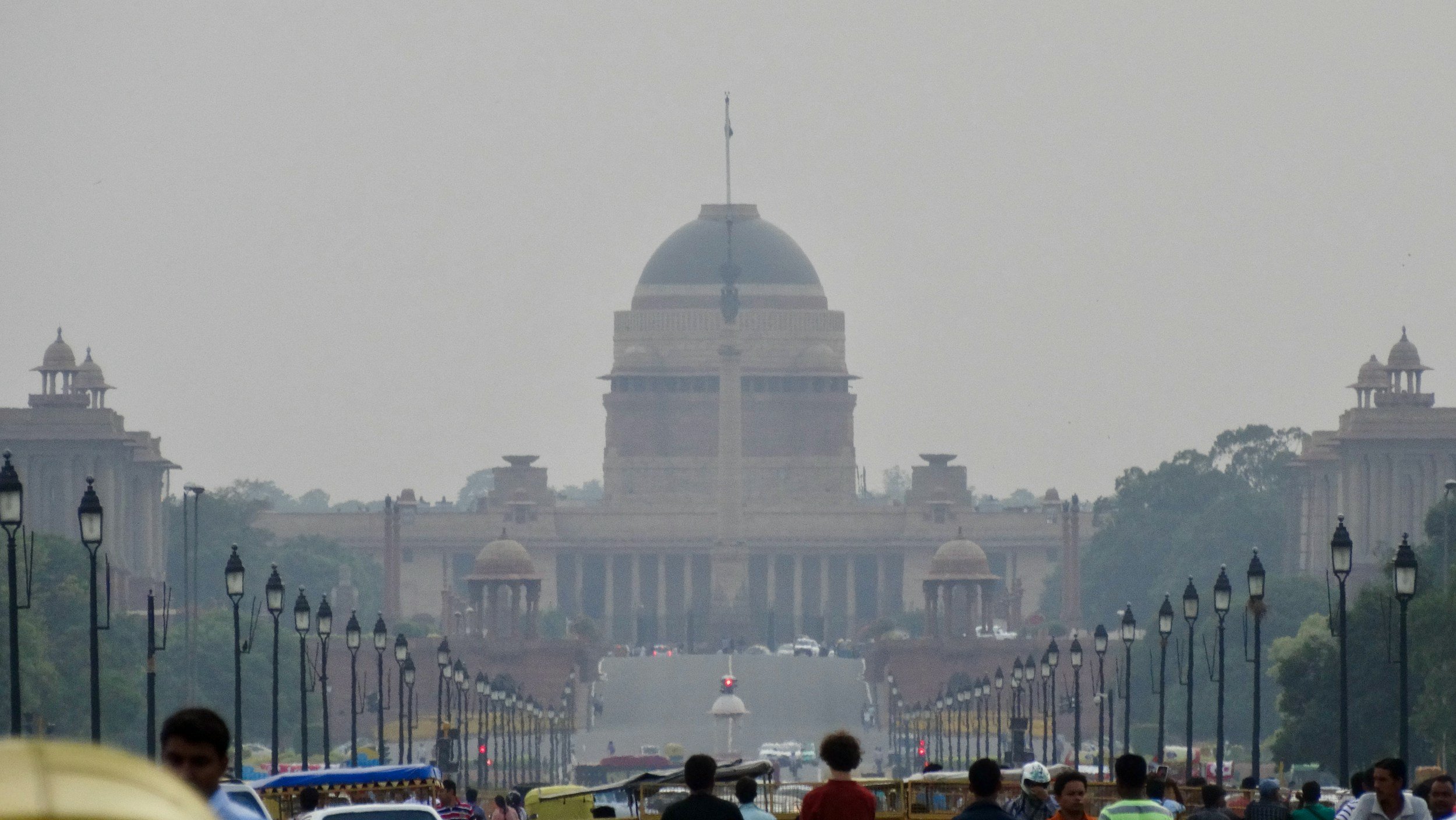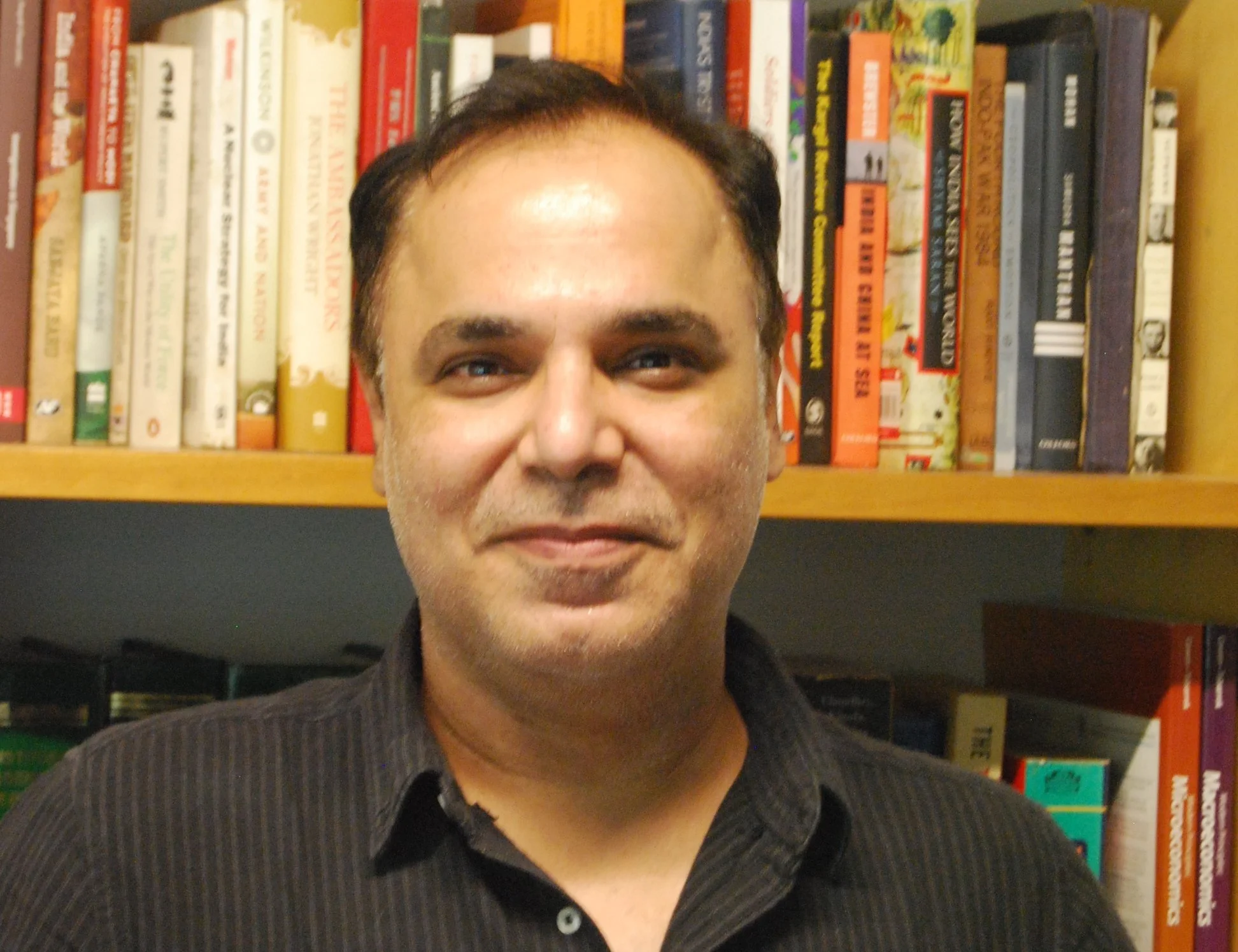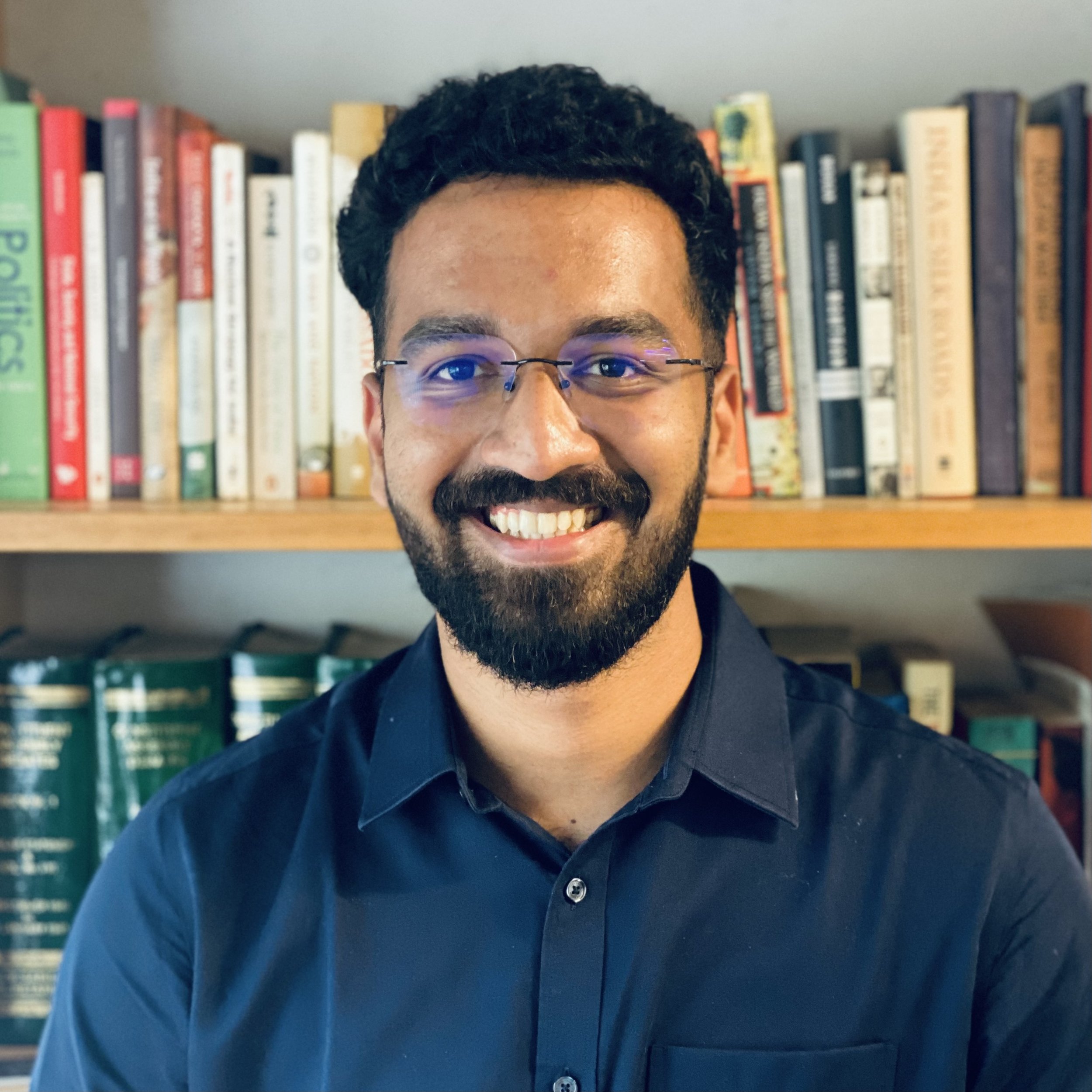
Indo-Pacific Studies Programme
The Indo-Pacific Studies Programme at The Takshashila Institution looks at the geopolitical events and actors across the Indo-Pacific and India’s role in the region.
About the Programme
The Indo-Pacific region is rapidly emerging as the geopolitical and geoeconomic center of the world for two reasons: the region’s intrinsic strengths vis-a-vis population size, GDP growth rate, trading and military spending, as well as the changing status quo in the region, shaped by the US-China contestation.
In this regard, the research work of the Indo-Pacific Studies Programme focuses on fields of significant importance to the region, such as China Studies, Quad Studies, and Diplomacy & Security Studies.
Our work on Defining Dependence-Induced Vulnerabilities in Asymmetric Trade Interdependence lays out a framework for defining Dependency, Vulnerability, and Strategic and Critical Vulnerabilities.
Our Areas of Focus

China Studies
This initiative aims to understand Chinese domestic and foreign policies, sources of friction, and opportunities keeping in mind Indian national interests, and recommend actionable measures for Indian policymakers.
Read about our work on China’s Global Security Initiative

Quad Studies
This initiative aims to study the domestic, bilateral and multilateral engagements among the Quad countries - US, India, Japan, and Australia, and recommend actionable measures for Indian policymakers.
Browse our work on the Quad Hub

Diplomacy and Security
This initiative studies the evolving policies of different actors across the Indo-Pacific. The aim is to recommend pathways for India to strengthen its relationships with like-minded partners, particularly in its immediate geographical neighborhood.
Read about our work on the China-Taiwan Saga
Subscribe to Our Newsletters
LATEST RESEARCH PUBLICATIONS
LATEST COMMENTARIES
LATEST PODCASTS
LATEST VIDEOS
Is it time that India crafts a new China policy in 2025, to counter China’s Wolf Warrior Diplomacy? TNIE Senior Journalist Neena Gopal talks to China experts Dr Y. Nithiyanandam and Dr Jabin T Jacob to find out in this exclusive interview.
Watch Y Nithiyanandam, Professor and Head of the Geospatial Research Programme at Takshashila Institution in conversation with Rishika Singh, The India Express discussing the lack of official data sharing between China and downstream countries like India and Bangladesh, which complicates assessing the project's potential impacts.
Head Geospatial Researcher at Takshashila, Bengaluru, Professor Y Nithiyanandam examining China’s super dam project on Yarlung-tsangpo, its ecological impact, and India’s strategic
Dr. Nithiyanandam, Professor and Head, Geospatial Program at the Takshashila Institution talked about the Transformative role of Geospatial technology in China’s development.
Head Geospatial Researcher at Takshashila, Bengaluru and former NASA AERONET Station manager, Professor Y Nithiyanandam explains the main reasons behind the Delhi Pollution situation and gives his opinions on how to solve the crisis.
China is the 2nd largest economy. India’ is on it’s way to become the 3rd largest economy. Few decades ago both were at the same level. Is there anything for India to learn from China? Or we will have our own unique journey?
This episode of The Neon Show explores the nuances behind the economic and political landscapes of India and China. From becoming the world’s biggest factory to now shifting to high-end manufacturing. From economic liberalisation to now back to being heavily controlled by the government. From boom to bust.
China & India are two very unique countries. But are there any similarities between these two Asian giants? Tune in for a thought-provoking discussion on two of the world’s most important economies.
Meet the Indo-Pacific Studies Programme Team
Amit Kumar is a Staff Research Analyst at the China desk of the Indo-Pacific Studies Programme. With a broader focus on China, he studies issues at the intersection of the economy, technology and security. His work encompasses writings on the Chinese economy, domestic politics, foreign policy, and India-China trade and security issues.
He tweets at @am_i_t_kumar and can be reached at amit@takshashila.org.in.
Anushka Saxena is a Staff Research Analyst with Takshashila’s Indo-Pacific Studies Programme. Her research focuses on the Chinese People’s Liberation Army and its reforms, China-Taiwan Relations, and India’s Foreign Policy. She also curates the weekly Newsletter, ‘Eye on China’. She tweets @SaxenaAnushka_.
Manoj Kewalramani is a Fellow-China Studies at The Takshashila Institution. His research focuses on Chinese politics, foreign policy and approaches to new technologies.
Rakshith Shetty is a Research Analyst with the Indo-Pacific Studies Programme at the Takshashila Institution. His long-term project at Takshashila is working on China's Domestic Policies on Green Energy Capacities and Technologies, with a particular emphasis on their implications for India. His research interests span across Chinese politics, green technology, and the intricate dynamics of India-China relations.

